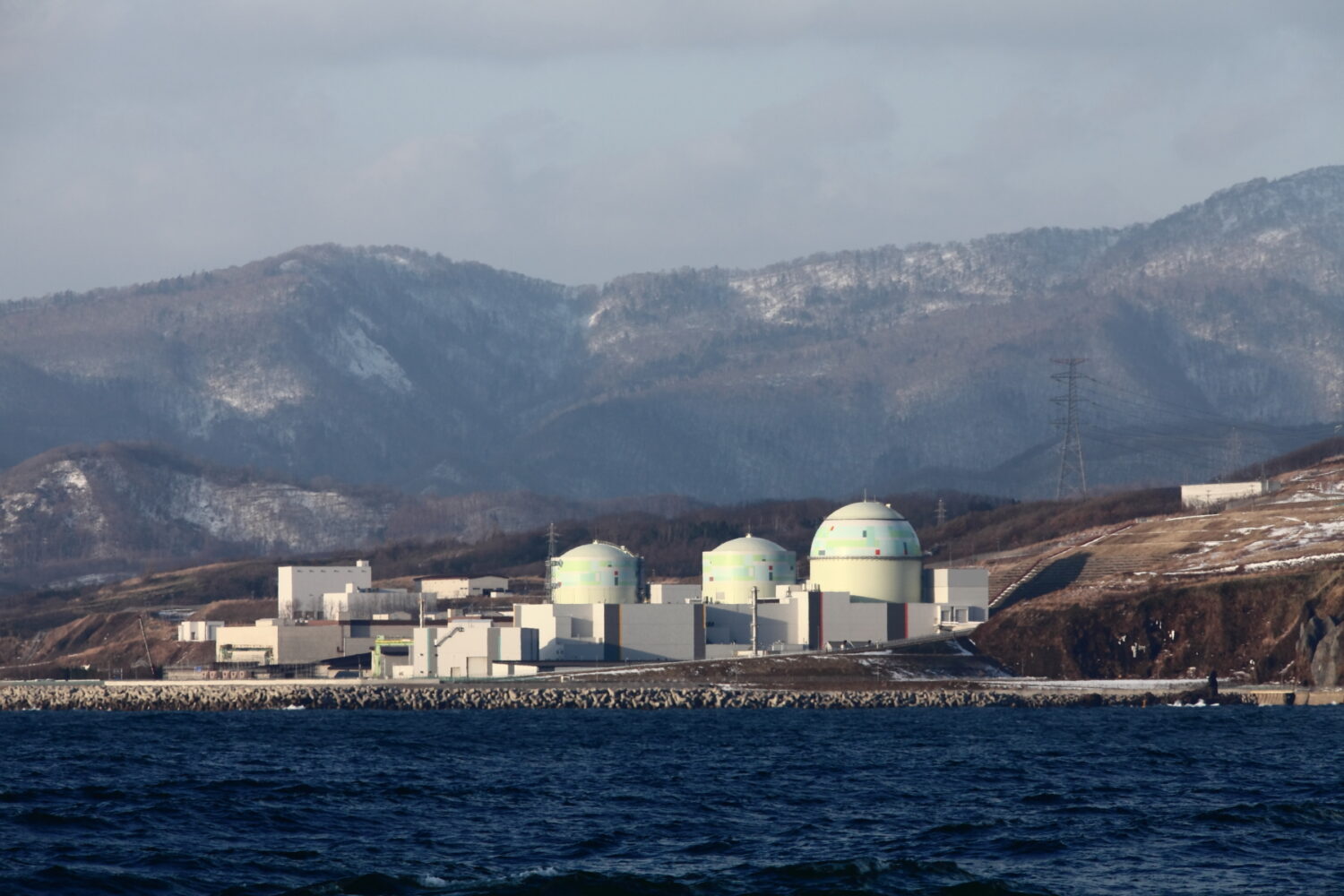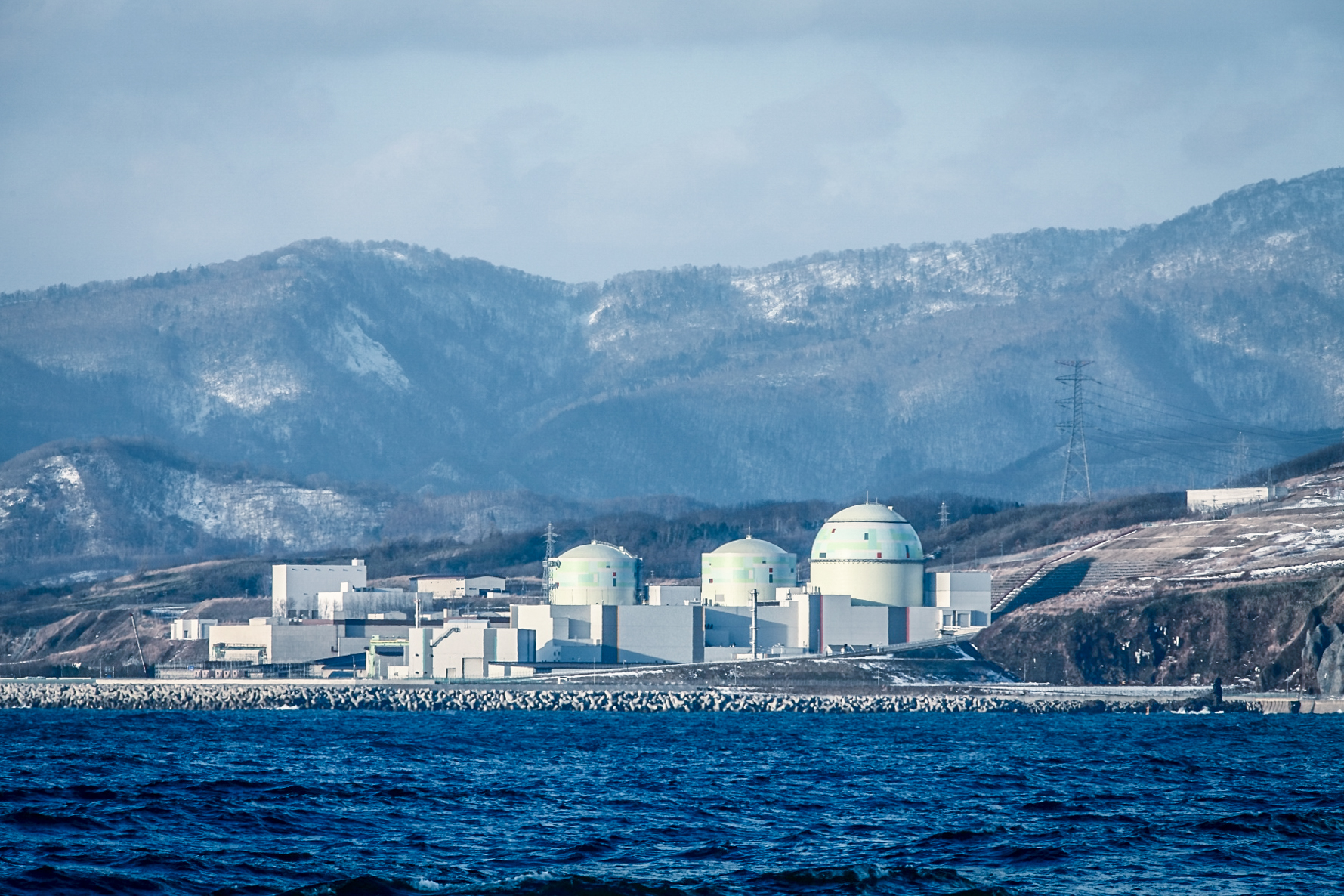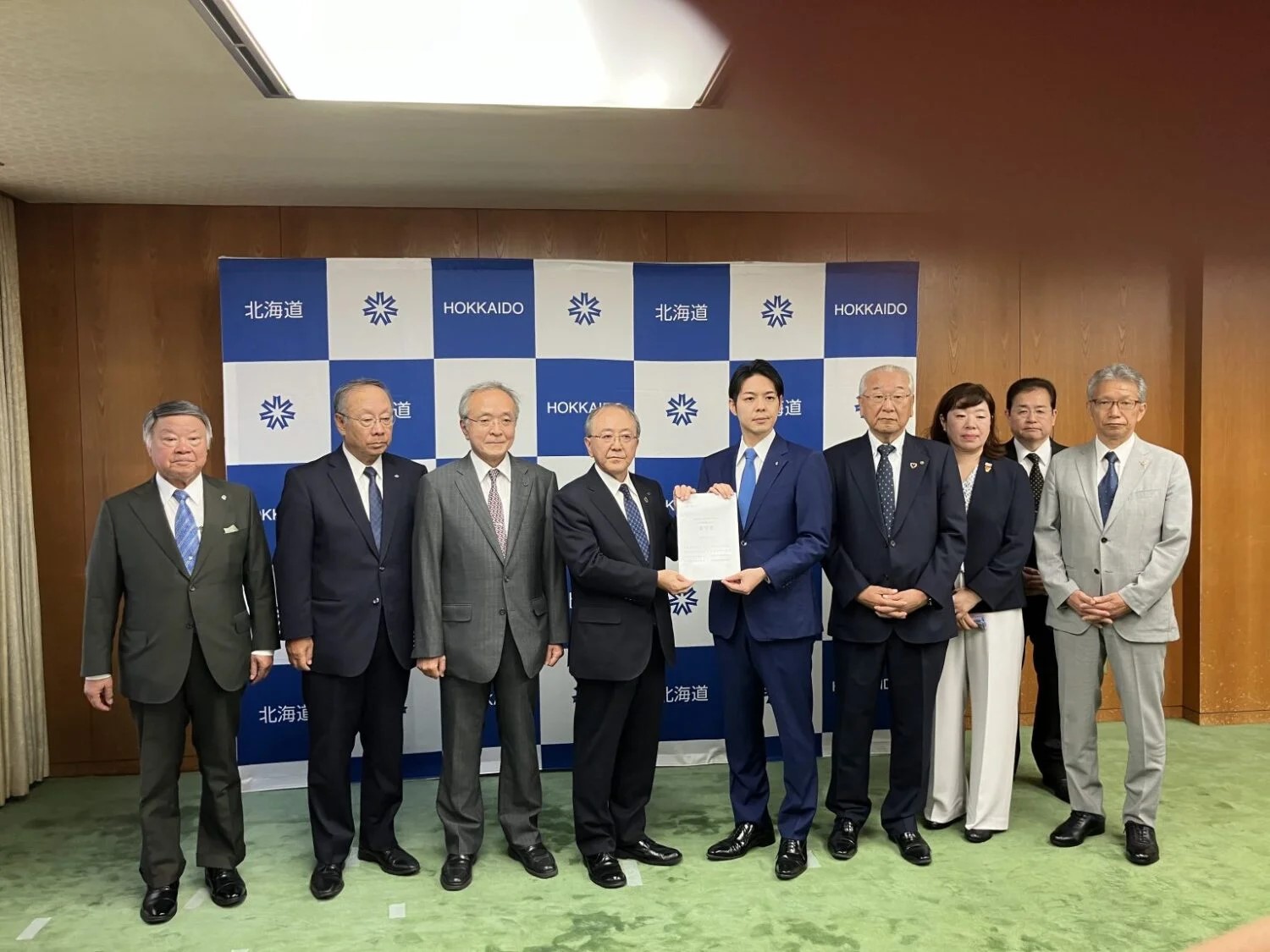Besides the five countries mentioned above, the 22 signatories include, in alphabetical order, Bulgaria, the Czech Republic, Finland, Ghana, Hungary, Moldova, Mongolia, Morocco, the Netherlands, Poland, Romania, Slovakia, Slovenia, South Korea, Sweden, Ukraine, and the UAE.
In addition to setting a goal of tripling the world’s installed capacity of nuclear energy by 2050 compared with 2020, the declaration also mentions expanding the introduction of small modular reactors (SMRs) and advanced reactors, as well as hydrogen production using nuclear energy. The project also envisions nuclear applications in industrial fields other than electric power.
The declaration also addresses the financing of nuclear energy projects and encourages international financial institutions—led by the World Bank, as well as financial institutions in other countries—to include nuclear energy as a financing target.
Other initiatives included in the declaration are as follows:
- Carrying out the responsible operation of nuclear power plants (NPPs) in accordance with the highest standards of safety, sustainability, security, and nonproliferation, and the responsible long-term management of spent fuel.
- Encouraging investment in nuclear energy, including through new financing mechanisms.
- Building a robust supply chain, including in the fuel sector, to ensure the safe operation of NPPs.
- Extending the operational life of NPPs as appropriate, where technically feasible and economically viable.
- Giving support to countries that are considering the introduction of nuclear energy.
The progress of those efforts will be reviewed annually at the COP.
In recent years, the global nuclear energy industry has been engaged in a series of international collaborative activities to promote the awareness of the role that nuclear energy can play in ensuring both energy security and net-zero CO2 emissions. The Net Zero Nuclear (NZN) initiative, launched in London in September 2023, is part of that trend.
In the same month, on September 28 and 29, the Nuclear Energy Agency (NEA) of the Organisation for Economic Co-operation and Development (OECD) and the French Ministry of Energy Transition co-hosted a high-level government-industry collaborative forum, “Roadmaps to New Nuclear,” in Paris. There, various national nuclear industry associations issued a joint statement urging the rapid and large-scale deployment of nuclear energy to mitigate climate change and enhance energy security.
The statement was based on a similar one adopted by the Japan Atomic Industrial Forum (JAIF) and others in conjunction with the G7 Ministers’ Meeting on Climate, Energy, and Environment held in Sapporo in April, and emphasizes the need to expand the generating capacity for nuclear energy by two to three times the current level in order to achieve the goal of net-zero carbon emissions by 2050.
According to a survey by the JAIF, the world’s nuclear energy capacity was 407.88GW at the end of 2020, and tripling that capacity would mean increasing it to over 1,200GW.
Meanwhile, the latest World Energy Outlook by the International Energy Agency (IEA), released in October 2023, projects a nuclear energy capacity of 916GW[1]2022 = 417GW in 2050, even under the most ambitious net-zero emissions (NZE) scenario. On the other hand, the International Atomic Energy Agency (IAEA), in its report entitled “Energy, Electricity and Nuclear Power Estimates for the Period up to 2050,” also released in October, projects an installed nuclear energy capacity of 890 GW[2]2022 = 371GW in 2050, even under the high projection scenario.
Compared to those projections, the declaration to triple global nuclear energy capacity is clearly an extremely ambitious set of goals.
Speaking at the announcement ceremony, Director General Sama Bilbao y León of the World Nuclear Association (WNA) said, “On behalf of the global nuclear industry, I deeply appreciate the bold and realistic declaration you have crafted. I would like to take your commitment to nuclear energy not merely as a statement, but as a challenge to the nuclear industry worldwide,” thanking the audience.
In the same ambitious spirit as the declaration, she expressed her concerted determination to extend the operational life of existing reactors and accelerate the introduction of new ones, and expressed her ardent desire to “continue to maintain the highest standards of safety and attract and foster the best young scientists, engineers, and other talented individuals.”



-049.jpg)
.jpg)







